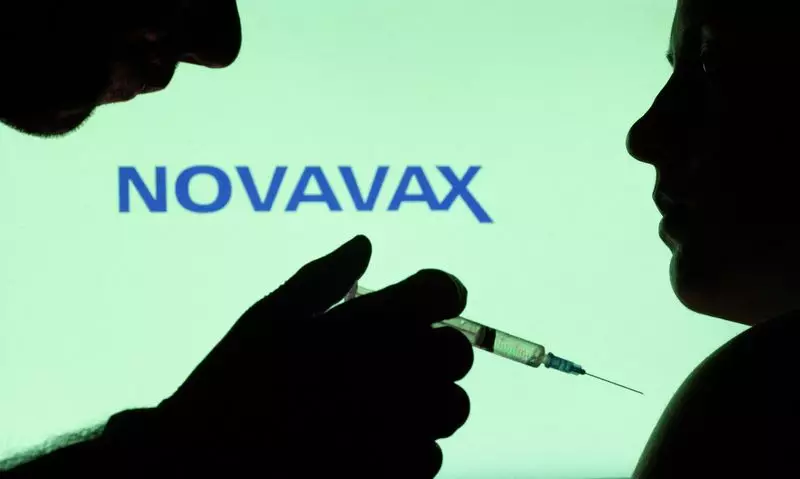In a rapidly evolving pharmaceutical landscape, Novavax (NASDAQ: NVAX) finds itself at a crossroads amidst fierce competition in the COVID-19 vaccine market. While rivals such as Moderna (NASDAQ: MRNA) and Pfizer (NYSE: PFE) have reported overwhelming success, boasting over $3 billion in sales for their mRNA COVID-19 vaccines in a single quarter, Novavax has struggled to gain a similar foothold. This presents a critical moment for the company, questioning not just its sales performance but also its long-term viability in an industry that has become increasingly cutthroat.
As part of its strategy to remain relevant and financially stable, Novavax announced the sale of its manufacturing facility in the Czech Republic for $200 million to Novo Nordisk (NYSE: NVO), the well-known producer of Wegovy. This decision comes in the wake of challenges that have led the company to reassess its operations and prioritize its vaccine development pipeline. The funds allocated from this sale are aimed at bolstering its resources dedicated to innovation and bringing new vaccine solutions to market, a necessary step for a company intent on reclaiming its position in the industry.
This transaction is not a standalone effort. Earlier this year, Novavax entered into a licensing agreement worth at least $1.2 billion with the French pharmaceutical giant Sanofi (NASDAQ: SNY). This partnership included Sanofi acquiring a nearly 5% stake in Novavax, which appears to have positively impacted the company’s stock performance—the shares have surged approximately 88% since the announcement. Such financial maneuvers reflect a conscious shift in Novavax’s strategy to become a more agile organization, one that focuses on leveraging partnerships rather than solely relying on in-house manufacturing capabilities.
Alongside its divestiture, Novavax has signaled its intent to streamline operations, projecting annual operating cost reductions of about $80 million following the sale of the manufacturing unit. This move is pivotal as the company seeks to navigate the tumultuous waters of the pharmaceutical industry, especially in the aftermath of the COVID-19 pandemic. By concentrating on its core competencies—developing innovative vaccine candidates and fostering collaborations—Novavax aims to position itself more effectively in a market where adaptability is key.
Despite these measures, Novavax’s road ahead remains fraught with uncertainty. The company’s ability to compete against established players who have a proven track record in vaccine development and distribution will be crucial. As it restructures and ramps up its vaccine pipeline, Novavax must also cultivate a strong public perception and regain the confidence of its investors. The future will hinge on its capacity to innovate and deliver effective solutions that can stand alongside the successful mRNA vaccines already dominating the market. In this volatile environment, Novavax’s newly directed focus is both a risky and promising gamble that could define its place in the industry for years to come.

